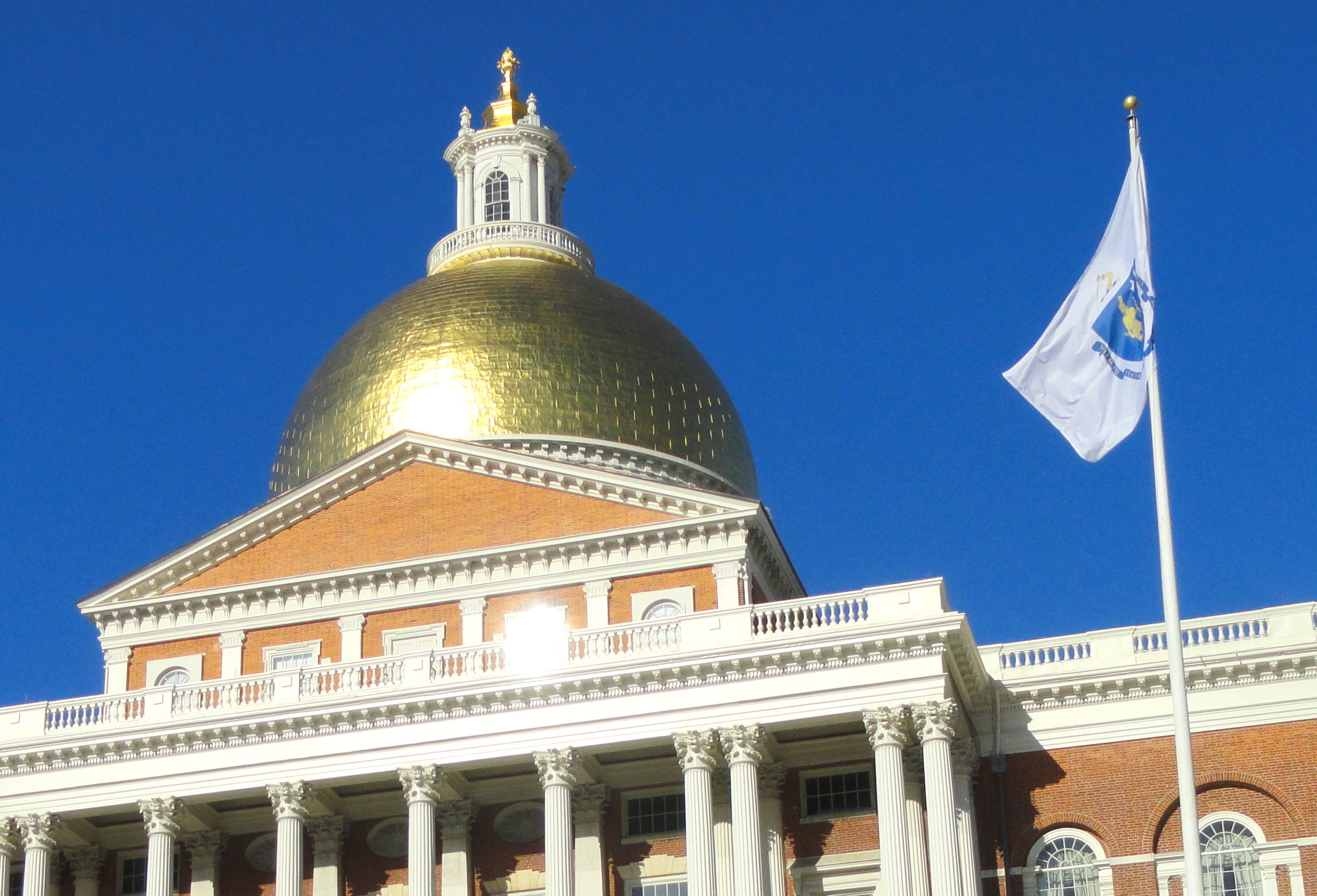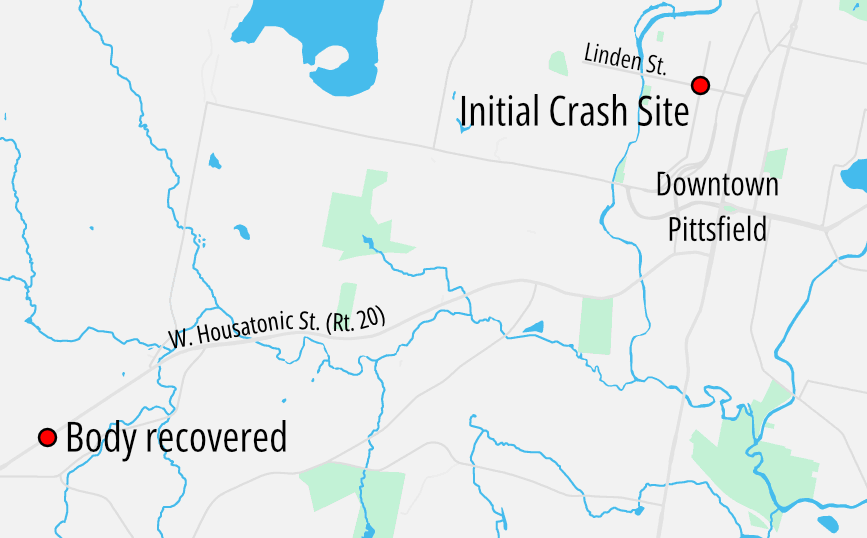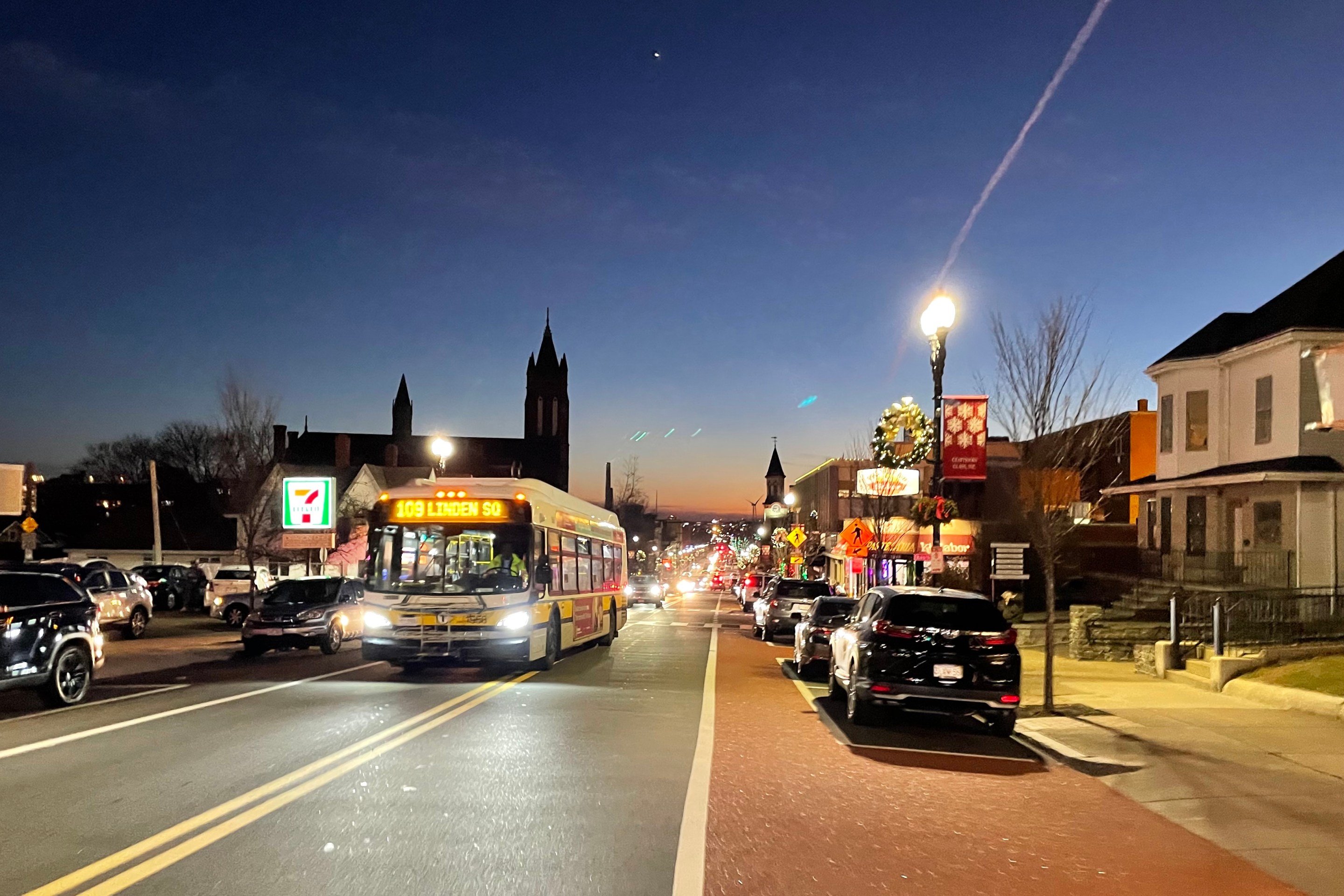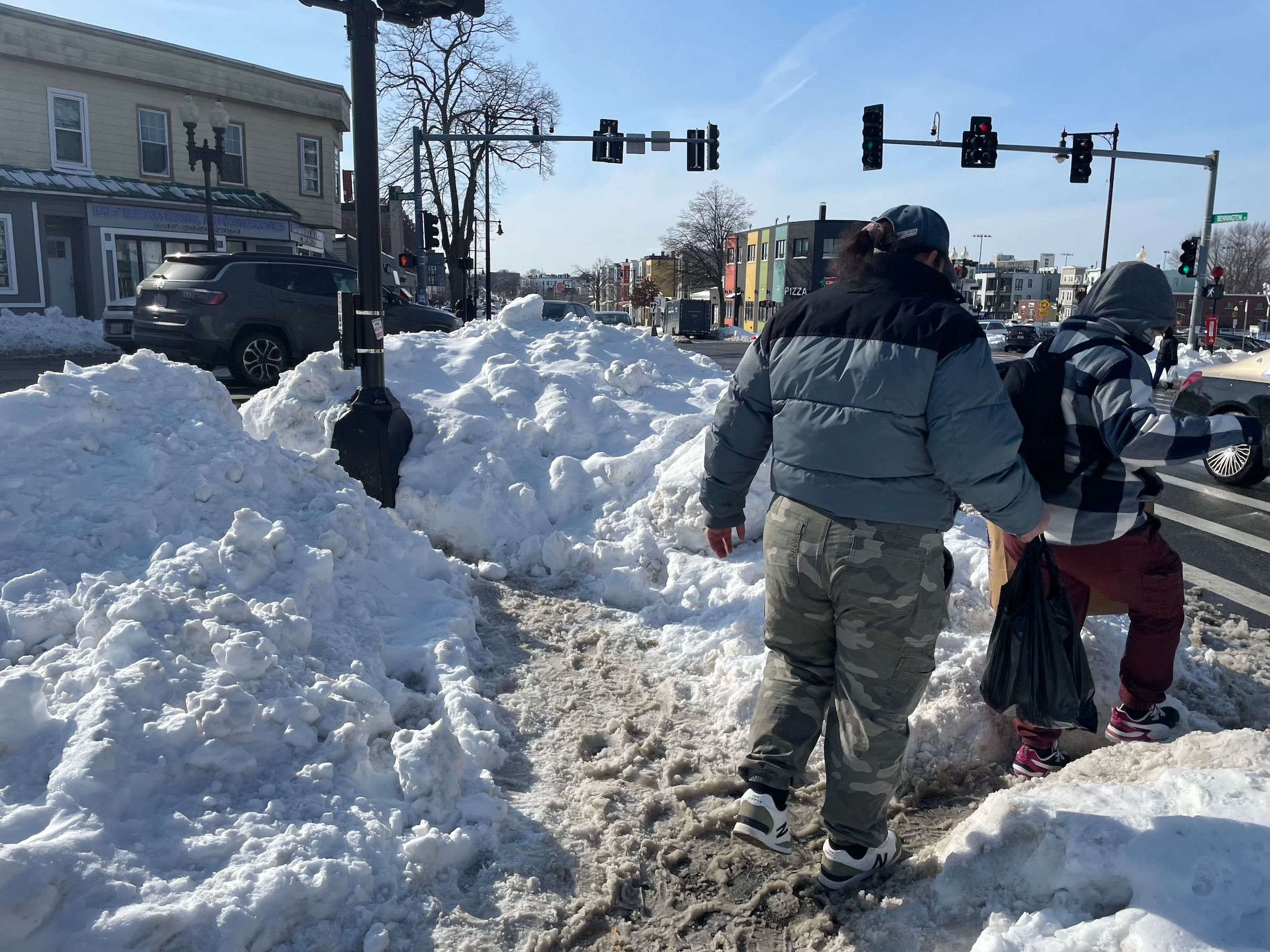On Thursday, the Massachusetts state Senate will debate its version of a multi-billion dollar transportation bond bill, based on legislation that passed in the House of Representatives at the end of June.
The state’s bond bill authorizes public borrowing for new infrastructure projects, with the expectation that federal grants and other funds will reimburse the commonwealth after projects go under construction.
But transportation advocates hope that the legislation can also be a venue for the legislature to enact new policies and programs, like a statewide low-income fare, or rebate programs to help Massachusetts residents to buy e-bikes.
Amendment 7 on the Senate bond bill, sponsored by Sen. Edwards of East Boston, Sen. Crighton of Lynn, and Sen. Moore of Millbury, would require the MBTA to establish a low-income fare program, and would encourage the state's regional transit authorities to offer similar programs.
On Wednesday, the Public Transit Public Good Coalition reported that they had delivered over 1,000 petition signatures to the Governor and Senate leaders in support of the concept.
"When you're in a family of low-wage workers, every penny, every cent counts because a $90 monthly pass is a lot for my family. And even for a bus card, that's $50, but that's still a lot," said Huiquin Huang, Chinese Progressive Association, at a rally held at the State House on Tuesday.
Meanwhile, MassBike sent out an action alert asking its members to call their Senators and ask them to support two amendments related to pedal-assist e-bikes.
Amendment 171 would "establish new rebates up to $500 for general consumers and up to $750 for low- and moderate-income consumers and not more than forty percent of retail price for the purchase of new and used electric bicycles." Amendment 404 would formally define legalize pedal-assist electric bicycles in the Commonwealth.
Readers may recall that the the legislature’s joint transportation committee endorsed two different House and Senate versions of a stand-alone bill to define and legalize e-bikes earlier this spring, but there's been little progress on the legislation since then.
Governor Baker's administration has been keen to pass a larger bond authorization this year to take advantage of higher federal spending that was authorized in Washington’s 2021 infrastructure bill.
If and when the Senate passes its version of the bill this week, a committee will need to reconcile the House and Senate versions, and Governor Baker will need to add his signature before it becomes law.
The Governor's office will also have wide latitude to decide what kinds of projects it will fund with the public debt that this bill would authorize.






